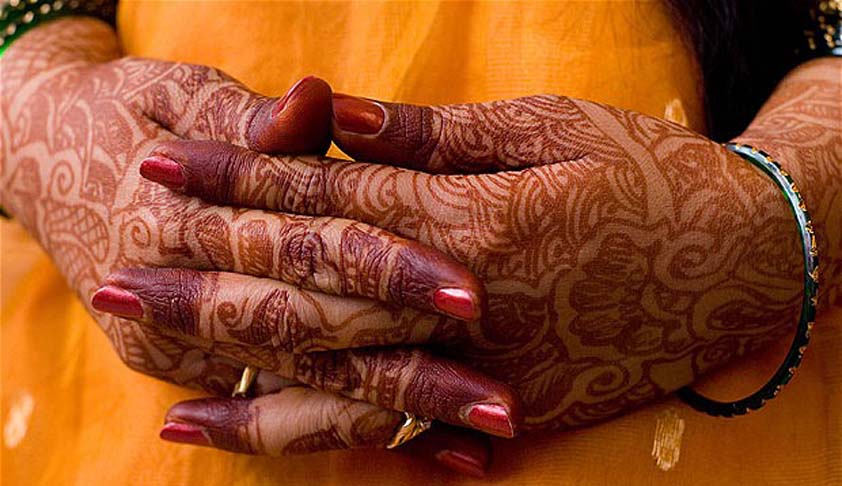Dowry Death: Prosecution has to prove the ingredients only by standard of preponderance of probabilities but Accused has to discharge his burden by proving his defence beyond reasonable doubt: SC
Apoorva Mandhani
15 Jan 2015 3:49 PM IST

Next Story
15 Jan 2015 3:49 PM IST
